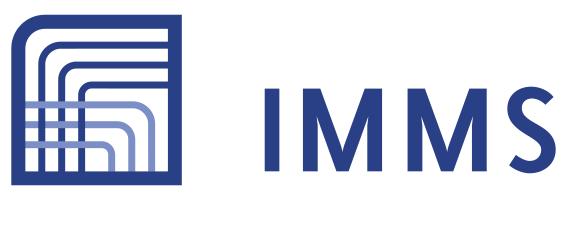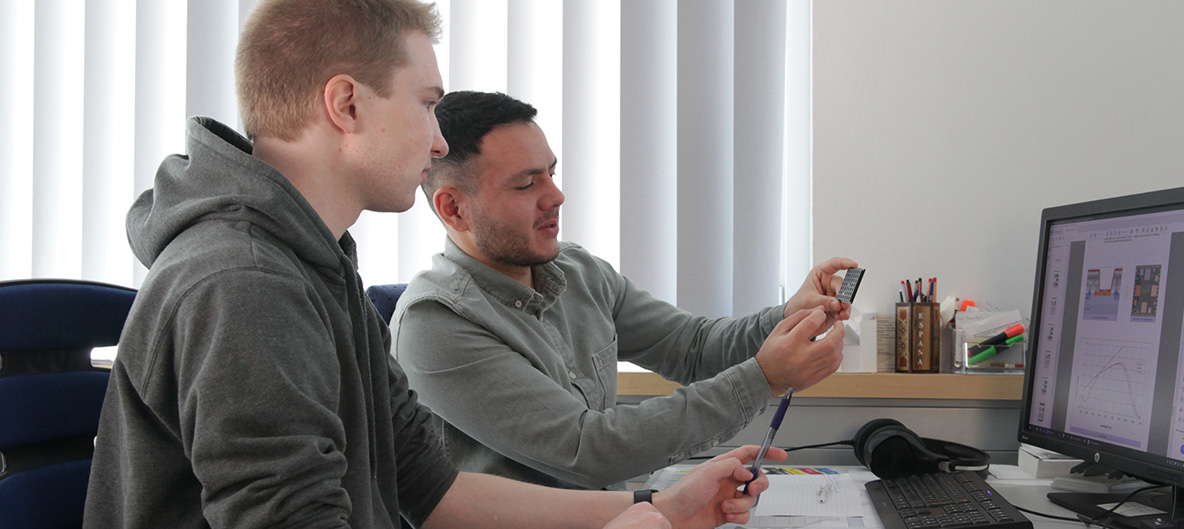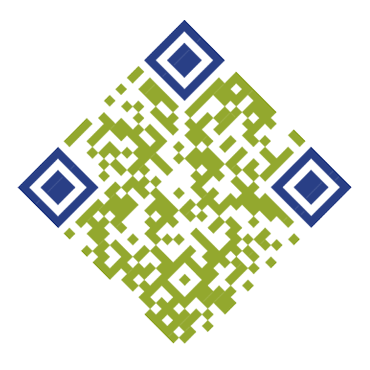

Student (m/f/d): Development of a Generator for PCB Footprints from ASIC Layout Data
During your studies, you can contribute to our ongoing research projects. Join us in pushing the limits of what is technically feasible and be part of breaking new ground together. We offer a variety of challenging and practice-oriented topics for mandatory internships, Bachelor’s or Master’s theses or for student research assistants. You will analyse important scientific preliminary questions and support the project teams with development activities.
Place of work: Erfurt
Team: Microelectronics
Career level: Mandatory Internship, Thesis or Student Research Assistant
Research field: Integrated sensor systems
Time scope: By agreement
Start: As soon as possible
Application deadline: 2024-12-31
Reference number: IMMS_STUD_ME_0124
ASICs developed at IMMS are often built using a chip-on-board process in which the chips are glued onto standard PCBs and connected via bonding wires or bonding balls. In order to design the necessary PCBs, a suitable footprint and the corresponding symbol must be drawn in the PCB software (usually Altium Designer). There is currently no automated export from the ASIC design environment (Cadence Virtuoso), so the data exchange takes place via manually created drawings and pin lists.
This process carries a risk of human error, e.g. mirrored footprints or incorrect assignment of pins, which require a redesign of the PCBs and result in additional costs and delays.
The goal of this internship is to develop a Python-based tool that takes over the process and prevents such errors. For this purpose, the layout data is to be imported in a standardized format (e.g. GDSII) and the position and name of the pads are to be extracted. A footprint and symbol should then be generated for Altium.
In order to adapt the tool to different bonding processes and PCB manufacturers, the footprint generator must offer configuration and modular expansion. In addition, detailed logs must be generated to document the steps performed by the tool and to detect possible errors.
WHAT TO DO:
- Get familiar with the layout data format, develop an algorithm for extracting pad positions and pin names
- Research possibilities for Python-based generation of components (footprint and symbol) for Altium or in a universal format
- Implement two generators for solder ball process (PCB pads directly below ASIC pads) and wire bond process (PCB pads in one or more strips next to the ASIC pads) and the associated symbol
- Combine the developed processes in an application (e.g. as a command line program), including generation of logs for documentation purposes
- Document the results
WHAT TO BRING WITH YOU:
- Programming Language: Python
AND THIS IS US:
We strengthen enterprises with application-oriented research and development in microelectronics, systems engineering and mechatronics and transfer the results of basic research into applications and products. We support companies in launching internationally successful innovations for health, the environment and industry and provide solutions from the feasibility study to series production.
WE ARE LOOKING FORWARD TO MEETING YOU!
We thank you for your interest in working with us.
Please only apply once – for your favourite topic or for the one that comes closest to your interests. This is the quickest way for us to process your application and get back to you. If you are interested in more than one topic, please include this in your cover letter. In case our current suggestions are not suitable, please send us your speculative application with a topic you would like to work on.
WHAT CAN WE OFFER YOU:
- An attractive workplace in a modern, very well-equipped and industry-oriented research institute
- Work directly at the interface between university and industry
- Work in a flexible and creative team and on innovative and challenging topics
For the tasks described in the job offer and with the existing working conditions, an application is possible irrespective of gender and/or any physical disabilities. We foster professional equality of women and men. We invite women in particular to apply. As women are underrepresented at IMMS, they will be given priority in the case of equal suitability, ability and professional performance.
Address:
IMMS Institut für Mikroelektronik- und Mechatronik-Systeme gemeinnützige GmbH (IMMS GmbH)
Ehrenbergstraße 27
98693 Ilmenau
Germany
Contact: Eric Schäfer



 Print
Print